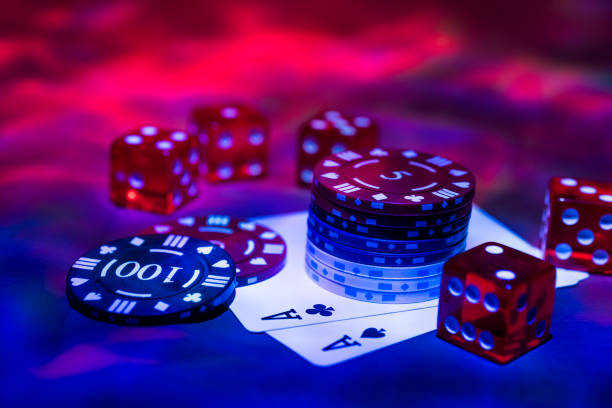
Exploring the Mysteries of the Hand of Luck
Luck is a concept that has fascinated humanity for millennia. From ancient civilizations to modern societies, the idea of fortune and misfortune has been a central theme in myths, folklore, and even everyday conversations. Amongst the diverse symbols of luck across cultures, the “Hand of Luck” stands out as a particularly intriguing representation. In this article, we delve into the origins, meanings, and applications of the Hand of Luck in various contexts. For more information, visit Hand of Luck https://hand-of-luck.co.uk/.
The Origin of the Hand of Luck
The Hand of Luck is often depicted as a palm or hand with intricate designs that symbolize various aspects of fortune. This symbol can be traced back to numerous cultures, including those of ancient Egypt, India, and the Mediterranean. In these societies, hands often represented protection, guidance, and divinity. They were seen as conduits of energy and influence, holding the potential to shape the outcomes in people’s lives.
Symbolism in Different Cultures
The Hand of Luck embodies multiple meanings across various cultures. For instance, in Hinduism, the “Hamsa” hand is a symbol of protection and good fortune. It is often used as an amulet to ward off evil and attract positive energy. Similarly, in Middle Eastern cultures, the Hand of Fatima serves as a potent symbol of protection and empowerment, believed to bring the bearer luck and success.
In Western cultures, the concept of a “lucky hand” translates into various forms of art and jewelry, where hands are stylized and adorned with gemstones or intricate patterns. These representations are often worn as charms or pendants, highlighting a belief in the power of the hand to influence luck in daily activities.
The Psychological Aspect of Luck
Beyond its cultural connotations, the Hand of Luck also highlights a significant psychological phenomenon. People who believe in luck or carry symbols of luck often experience a psychological boost. This phenomenon is known as the “placebo effect” of luck. When individuals think positively about their fortune or use a lucky charm, they tend to approach situations with greater confidence, which can lead to better outcomes in various endeavors.

Luck and Decision-Making
Decision-making is another area significantly influenced by the concept of luck. Research suggests that individuals who perceive luck as a factor in success are more likely to take risks. They might pursue opportunities they would typically shy away from, believing that a “lucky hand” could guide them to success. This blend of belief and action can create a self-fulfilling prophecy in which one’s perception of luck genuinely impacts their choices and outcomes.
Modern Interpretations of the Hand of Luck
In today’s fast-paced world, the Hand of Luck has taken on modern interpretations. From fashion to sports, the symbolism is often represented in tattoos, clothing designs, and motivational merchandise. Athletes frequently use lucky charms, including items resembling the Hand of Luck, as part of their routines. The belief that certain items or gestures might enhance their performance has become a widely accepted practice.
Additionally, with the rise of social media and online platforms, influencers and content creators frequently acknowledge their “lucky hand” rituals, sharing stories about how they attribute their success to favorable fortunes or specific lucky symbols. This phenomenon demonstrates how the Hand of Luck continues to evolve and adapt to contemporary life, intertwining with personal narratives and public personas alike.
Coping with Bad Luck
On the flip side, the notion of bad luck is just as pervasive. People often seek out rituals or symbols to counteract misfortune. The Hand of Luck, in its positive portrayal, is frequently used as a counter to these negative beliefs. By embracing the Hand of Luck, individuals may find solace in the idea that fortune can change, and they have the power to influence their fate.
Conclusion: The Hand of Luck in Our Lives
Ultimately, the Hand of Luck serves as more than just a symbol; it embodies humanity’s deeper desires for control and understanding of fate. Whether through cultural practices, psychological affirmations, or modern interpretations, the belief in luck shapes our experiences and actions in significant ways. Adopting the Hand of Luck as a symbol encourages us to remain hopeful and opens us up to the possibilities that each new day brings. After all, luck is not merely a chance occurrence; it can be a mindset and a strategy. By embracing this perspective, we can navigate life’s uncertainties with grace, resilience, and openness to the fortunes that may come our way.
